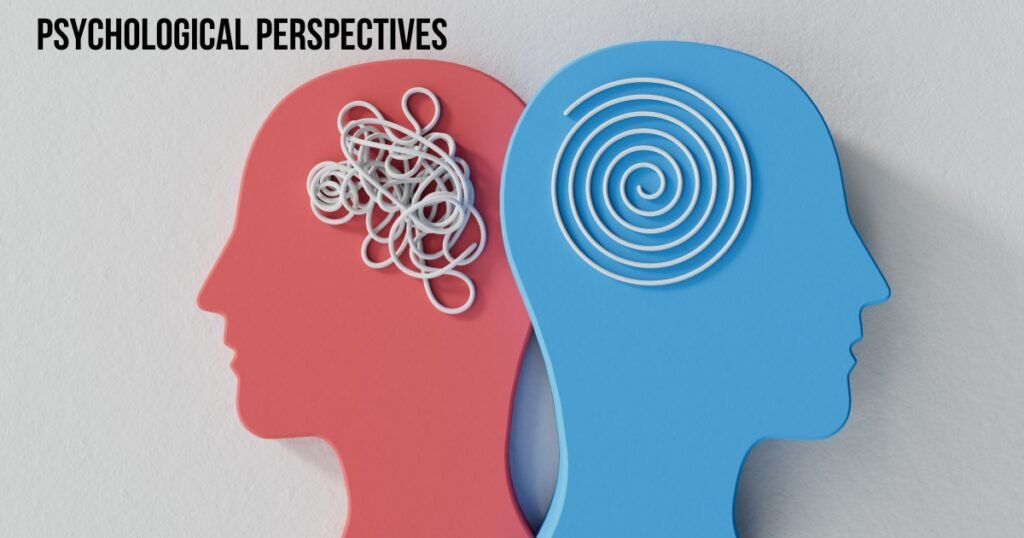Erothtos: Exploring the Depths of Emotional Connection

The term “erothtos” refers to deep emotional connections and intimate human relationships. It emphasizes the importance of understanding profound bonds between individuals in various aspects of life. This concept emerges in psychology, sociology, and literature, shedding light on human emotions.
Understanding “erothtos” helps us explore how relationships shape personal growth and mental well-being. These connections also influence social interactions and the way individuals experience life together. By studying it, we can foster empathy and improve our interactions with others. The idea highlights the significance of emotional depth as part of human existence.
Defining Erothtos
To fully define “erothtos,” we must explore its origins and cultural history. The word’s roots reflect explorations of human emotions and deep psychological states. It connects closely to feelings of longing, intimacy, and human desire. While not a common term, it resonates with universal themes of emotional connection. Its etymology shows ties to historic understandings of love, passion, and human closeness.
Similar concepts like love and passion often center on emotional or romantic relationships. “Erothtos” goes deeper, emphasizing the connection between emotions and personal growth. Unlike fleeting passion, it highlights the steady bond shaping human lives and interactions. By studying its origins, we uncover ways it enriches understanding of human intimacy.
Historical Context
Erothtos finds its roots in ancient philosophies of human emotion and connection. Greek philosophers emphasized its ties to love and personal harmony. They believed erothtos represented a balance between desire and inner tranquillity. Ancient texts from India explored similar ideas through themes of longing and unity.
These writings linked emotions to spiritual growth and personal development. Chinese philosophies, like Confucianism, focused on emotional bonds within familial and societal structures. Over time, erothtos evolved into a broader concept appreciated across various cultures.
Medieval European literature saw it in themes of chivalry and romantic loyalty. Renaissance thinkers emphasized emotional depth and its role in creative expression. Across cultures, erothtos continue to symbolize the timeless pursuit of human connection.
Emotional Dimensions of Erothtos
The emotional dimensions of erothtos emphasize its role in shaping personal connections. Love forms the foundation of erothtos, strengthening bonds between individuals and communities. It promotes trust, understanding, and mutual respect in human relationships. Passion drives people to pursue goals and cherish meaningful life experiences.
This intense emotion often inspires creativity, courage, and dedication in various aspects of life. Longing, a key part of erothtos, reflects a deep desire for connection. It motivates people to explore emotions and build meaningful ties with others. Longing can also fuel personal growth and self-reflection in important ways. Together, love, passion, and longing define erothtos as a central part of the human experience.
Erothtos in Literature and Art
Erothtos has held a central role in literature and art for centuries. Poets and writers often describe its emotional depth and complexity. Classic works of poetry use erothtos to reveal love and longing. Novels like “Pride and Prejudice” explore passion and the connections between characters.
The prose often portrays ethos as a force that drives human choice and action. Visual arts depict erothtos through vibrant, expressive paintings and sculptures. Artists use colors, shapes, and forms to show the beauty of human connection. Modern films and TV draw from traditional ideas of erothtos to tell relatable stories.
Romantic comedies, dramas, and fantasy genres often center on themes of love and passion. Through various creative forms, erothtos continues inspiring audiences with its universal human appeal.
Psychological Perspectives

Attachment Theory and Erothtos
Attachment theory explains how early bonds shape our feelings of love and connection. Secure attachment helps develop trust and forms healthy romantic relationships. Anxious attachment can create fear of rejection and intense emotional highs. Avoidant attachment often leads to emotional distance and difficulty forming deep connections. Erothtos intertwines with attachment styles to influence relationships and personal bonds. Understanding attachment helps people build healthier, more fulfilling relationships rooted in love.
Emotional Intelligence and Deep Connections
Emotional intelligence involves understanding and managing feelings for deeper, meaningful relationships. High emotional intelligence helps communicate and understand a partner’s emotions effectively.
It allows for handling conflicts calmly and finding solutions that strengthen the relationship. Erothtos thrives when partners share strong emotional awareness and empathy in their connection. Practicing emotional intelligence helps relationships grow stronger and more supportive over time.
Impact on Mental Health and Well-being
Erothtos positively influences mental health by offering love, support, and emotional connection. Deep, passionate relationships help reduce stress and provide a sense of safety. Conflicts in relationships with erothtos can sometimes lead to mental health struggles. Open communication can help address issues early and improve emotional well-being. Healthy bonds with erothtos increase happiness, life satisfaction, and overall quality of life.
Erothtos in Contemporary Society
Challenges of Forming Deep Connections in the Digital Age
The digital age makes building deep connections more challenging for many people. Social media often creates superficial interactions that lack genuine emotional depth. Many individuals feel isolated despite having numerous digital connections online.
The fast-paced nature of digital communication reduces time for thoughtful, meaningful conversations. Overreliance on technology weakens essential face-to-face interactions needed for deeper bonds.
The Role of Technology in Shaping Modern Relationships
Technology reshapes how people meet, communicate, and maintain relationships in today’s world. Online dating apps provide new ways to find potential partners quickly. However, constant virtual communication may create misunderstandings due to a lack of nonverbal cues.
Overuse of technology in relationships can sometimes lead to decreased emotional intimacy. Balanced use of technology can enhance, not replace, personal relationships when used wisely.
Strategies for Fostering Meaningful Connections
Prioritize face-to-face communication to encourage honesty and build deeper emotional connections. Practice active listening to make partners feel heard and understood in conversations. Limit unnecessary screen time to focus more on loved ones and shared moments. Build trust by being open, dependable, and willing to work on relationship challenges together.
Cultural Significance
Eros represents love, passion, and longing in many global cultural traditions. Ancient Greeks viewed Eros as a powerful god of passionate love. Hinduism celebrates Eros-like themes through the deity Kamadeva, symbolizing desire and attraction. Traditional Chinese culture links love and destiny with the red string of fate mythology. Native American rituals honor bonds of love and unity through ceremonial dances and storytelling.
Japanese culture emphasizes longing and devotion in poetic art forms like Haiku and Tanka. African traditions highlight love’s power through oral stories, proverbs, and symbolic gifts exchanged in unions. These practices show humanity’s shared reverence for love’s depth and emotional connections across societies.
Practical Applications
Understanding Eros helps people build deeper connections with empathy and mutual respect. To effectively communicate emotions and settle disputes, couples may focus on having open lines of communication.
Therapists employ eros-based strategies to assist clients in building emotional connection and trust. Exercises to improve relationships through shared experiences and heartfelt gestures can be incorporated into counseling.
Students can learn about the importance of love in creating healthy, sustaining relationships through educational programs. Young people can develop their emotional intelligence and understanding of emotions through role-playing exercises and conversations. Schools can emphasize the importance of love in human connections by using art and storytelling. These approaches foster emotional growth and create stronger bonds in relationships.
Conclusion
Eros emphasizes how crucial intense emotional love is to creating lasting human connections. Through empathy, compassion, and respect for one another, people can connect when they understand Eros. It emphasizes the need for candid communication and peacefully settling disputes. Trust and sustainable collaborations result from establishing ties via everyday experiences.
Schools and therapy programs show Eros’ importance in teaching love and emotional growth. Exploring Eros inspires people to build healthier and more supportive relationships around them. Its lessons remain vital for navigating life’s connections and fostering fulfilling personal relationships.




